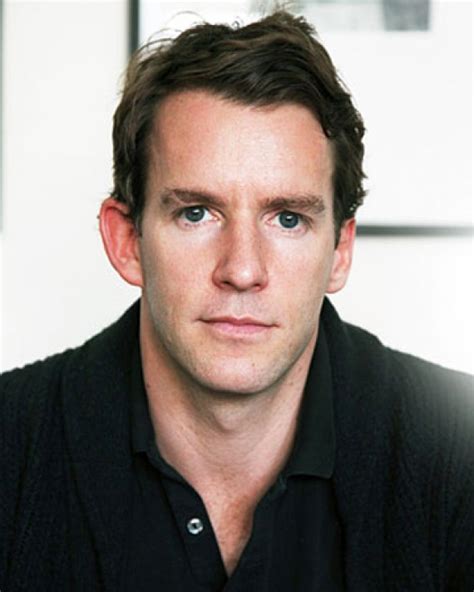A Quote by Rabih Alameddine
I started writing half a paragraph of a mystery novel, half a paragraph there, and they were terrible.
Related Quotes
Whenever I teach writing I tell them to never revise as you go. Finish the first draft. This is my writing advice. I can't do that myself. I'm lying to everybody. I write a paragraph, and then I rewrite that paragraph. I want to feel like I'm standing on firm ground before I move on to the next paragraph. Mentally, I have to do that.
I just wanted to speak to you about something from the Internal Revenue Code. It is the last sentence of section 509A of the code and it reads: 'For purposes of paragraph 3, an organization described in paragraph 2 shall be deemed to include an organization described in section 501C-4, 5, or 6, which would be described in paragraph 2 if it were an organization described in section 501C-3.' And that's just one sentence out of those fifty-seven feet of books.
What is easy to read has been difficult to write. The labour of writing and rewriting, correcting and recorrecting, is the due exacted by every good book from its author, even if he knows from the beginning exactly what he wants to say. A limpid style is invariably the result of hard labour, and the easily flowing connection of sentence with sentence and paragraph with paragraph has always been won by the sweat of the brow.








































